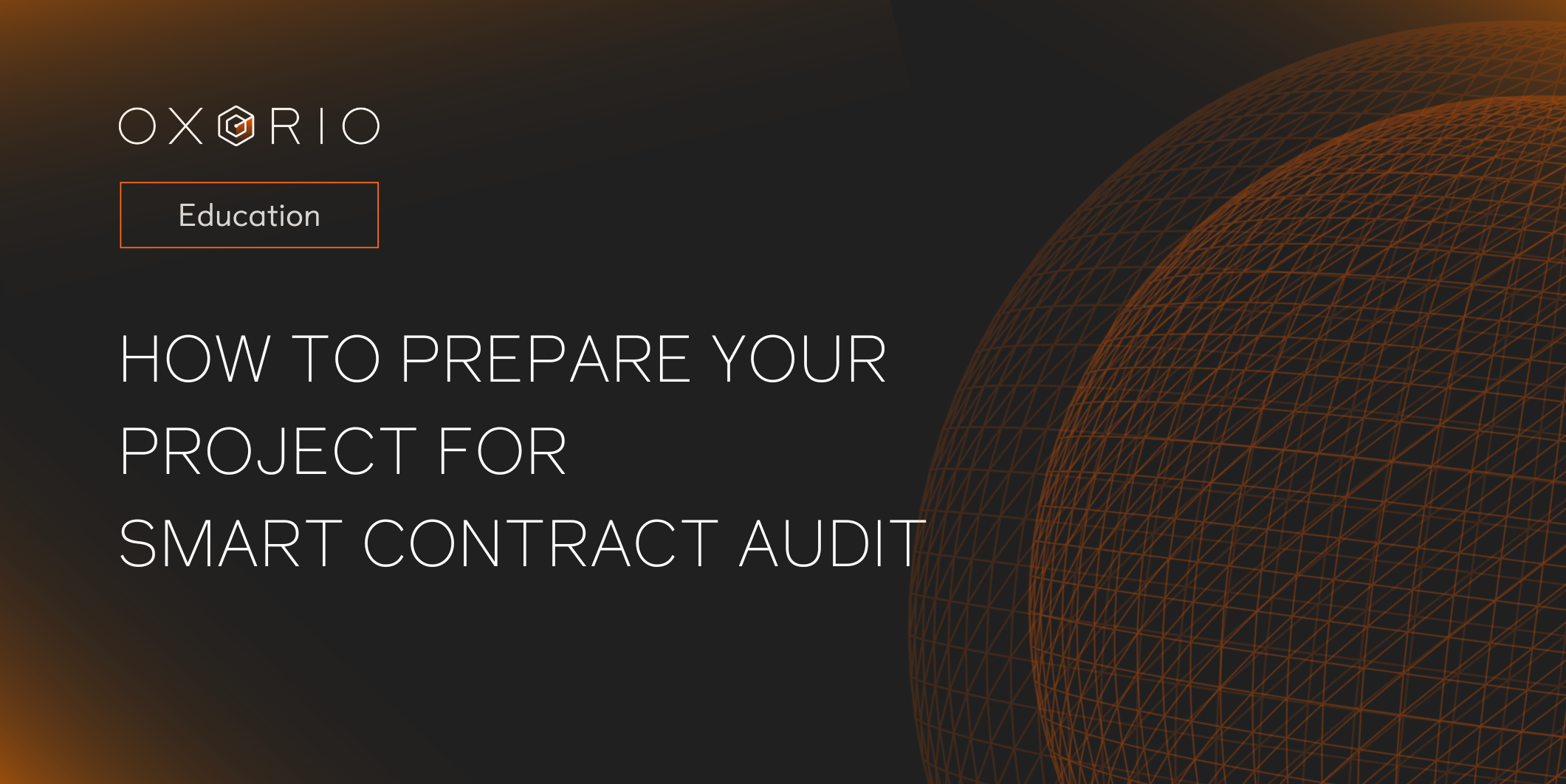Comprehensive Guide to Smart Contract Audits: Costs and Selecting the Right Provider

In the dynamic world of blockchain technology, the security of smart contracts holds significant importance. Smart contracts, automated digital agreements that execute when predefined conditions are met, form the core of many blockchain projects. Ensuring their integrity and security through audits is essential, not only for the functionality of the contract but also for maintaining trust among users and stakeholders of your project.
In-Depth Look at Smart Contract Audits
Smart contract audits are comprehensive reviews that inspect the code of a blockchain project for security vulnerabilities, functional errors, and adherence to best practices. They are critical in identifying flaws that could lead to security breaches or malfunctions. Given the irreversible nature of blockchain transactions, the stakes are high, making these audits a must for building trust and credibility in the blockchain community.
Factors Influencing the Cost of Smart Contract Audits
The cost of a smart contract audit is subject to several factors:
- Complexity of the Contract: More complex contracts with multifaceted functionalities require extensive examination, therefore increasing the audit cost.
- Length and Depth of the Code: The longer or more complex the code, the more time and resources are needed for a thorough audit.
- Reputation and Expertise of the Auditing Firm: Established firms with a track record of successful audits may charge a premium for their services.
- Urgency of the Audit: Expedited audits can incur additional costs due to the need for rapid deployment of resources.
Prices can range from a few thousand dollars for simple contracts to over $30,000 for complex, high-stakes projects.
Understanding the Smart Contract Audit Process
A smart contract audit is an intricate process that involves multiple stages to ensure the security and efficiency of the contract. Here’s a breakdown of what this process typically involves:
- Initial Review and Planning: The audit begins with an initial review of the smart contract to understand its purpose, complexity, and specific requirements. This stage involves discussions between the project team and the auditors to align on objectives and expectations.
- Code Review: The core of the audit is a thorough examination of the contract’s code. Auditors meticulously analyze the code line by line, checking for common vulnerabilities like reentrancy attacks, overflow/underflow issues, gas limit problems, and compliance with best coding practices.
- Automated Testing: Alongside manual review, automated tools are often employed to detect vulnerabilities. These tools can scan the code for known security issues and flag potential areas of concern.
- Security Analysis: Auditors perform a comprehensive security analysis to identify potential security breaches and weaknesses. This includes examining the logic of the contract and testing how it behaves under various conditions, including malicious attacks.
- Report Generation: After completing the analysis, auditors compile a detailed report outlining their findings. This report includes a description of identified vulnerabilities, their severity, and recommendations for fixing them.
- Revisions and Follow-Up: Once the project team addresses the identified issues, a follow-up review is often conducted to ensure that all vulnerabilities have been effectively resolved.
Selecting the Right Audit Firm
The choice of an audit firm is a critical decision. Look for a firm with a robust portfolio, a history of successful audits, and detailed reports that provide actionable insights for improvement. Companies like OXORIO, which have demonstrated expertise in auditing high-profile projects like 1inch or Lido, should be considered.
The Value of Smart Contract Audits for Project Security
Smart contract audits play a vital role in safeguarding blockchain projects. They preemptively identify potential exploits and vulnerabilities, thus protecting projects from the severe financial and reputational damages seen in incidents like the DAO hack. Audits are not just a technicality but an investment in the project’s future and a reassurance to its users and investors. It is always easier and cheaper to take care of your projects security early on than dealing with the consequences of an cyber attack later.
Conclusion
Smart contract audits are a vital aspect of blockchain project development. They provide a shield against vulnerabilities and instill confidence among users and investors. While the costs associated with these audits can be significant, the value they add in terms of security and credibility cannot be overstated. In an environment where the security of digital assets is increasingly under scrutiny, enlisting the services of a proficient audit firm like OXORIO can be a strategic move to ensure the longevity and success of a blockchain project.
Stay Connected with OXORIO
Staying updated with the latest in blockchain security is crucial. We invite you to follow OXORIO on LinkedIn and Twitter for insights and updates. Additionally, visit our website at oxor.io for detailed information about our services and how we can assist in securing your blockchain projects.
Contents
YOU MAY ALSO LIKE

How to Prepare for Your Smart Contract Audit
Education
Find out how to prepare your project for a successful smart contract audit with our comprehensive guide

The Imperative of Smart Contract Audits in Optimistic and ZK Rollups
Education
Explore the essential role of smart contract audits in securing Optimistic and ZK Rollups with OXORIO. Uncover the complexities, benefits, and integration of these blockchain scalability solutions to ensure robust security and efficiency in Web 3.0

Common Vulnerabilities in ZK Proof
Education
Uncover typical vulnerabilities in Zero-Knowledge Proofs, crucial for securing ZK-cryptography applications and protocols.

Mastering the Zero-Knowledge: Leading ZKP Tools and Their Applications
Education
Explore advanced ZKP tools enhancing cryptography in blockchain technology for optimal security and privacy.
Have a question?

Stay Connected with OXORIO
We're here to help and guide you through any inquiries you might have about blockchain security and audits.


